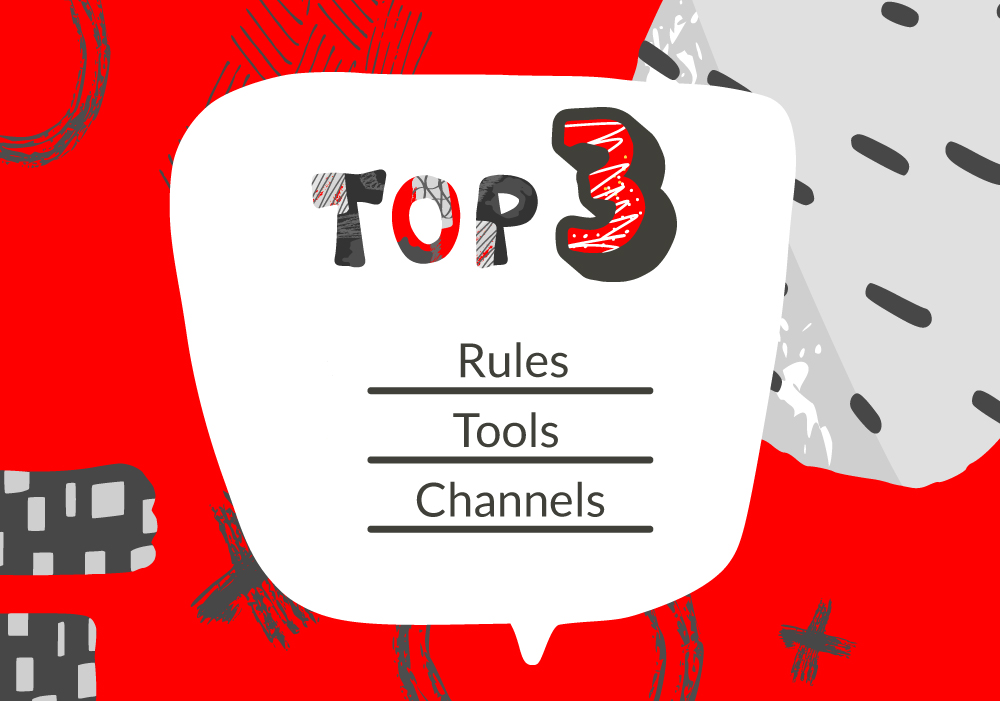In this series, experienced editors reflect on their top 3 tools, rules and suggestions for clients and colleagues.
S. Robin Larin is an award-winning editor who holds master’s degrees in literature and creative writing and specializes in developmental and line-level editing of fiction. A lifelong logophile, Robin lives in Ontario with two feline editorial assistants and more books than she can count.
Top 3 professional tools you can’t work without
1. The Chicago Manual of Style (CMOS). As an English-language fiction editor in North America, I rely on CMOS for guidelines on everything from proper capitalization to those pesky hyphenated words. Too often writers will post questions online about quotation marks (single or double?), punctuation (to comma or not to comma?) and number styling (use numerals or spell out as words?) only to receive umpteen variations on people’s opinions in return. CMOS is here to ensure standardization and consistency for the sake of clear communication with the reader (and better reviews for the writer!).
2. The Merriam-Webster Dictionary online. It goes hand in hand with CMOS (for US English). I’m also looking forward to the new Canadian dictionary that’s in the works!
3. Word for Mac. Because I edit fiction, I don’t need all the tools Word offers, but Track Changes, Comments, and Styles are indispensable for my work.
Top 3 marketing channels you enjoy using
1. My website. It offers info on my services, background, and editing interests, and amazingly, clients have chosen me specifically because of it. I also blog there.
2. Social media.
- Instagram: I post writing tips, book recommendations, #stetwalk or travel images, and, of course, pictures of my feline editorial assistants. ☺
- Facebook: I frequent various writers’ groups as both an editor and a writer, answering (and asking) questions and offering help where I can. Facebook still has a huge writing community, and I’ve found a number of jobs there.
- Bluesky: I’ve just joined, so we’ll see where that leads. ☺
3. Connecting/networking with other editors. I greatly appreciate the referrals I receive!
Top 3 life-work balance rules
1. Dividing my day. I’m not a morning person, so I generally divide my day by tending to admin, exercise or errands at the start, then shifting into hands-on editing in the afternoon. Working from home allows for highly valued flexibility.
2. Limiting editing time. I rarely engage in actual editing more than four hours a day or work on weekends. Brain burnout is real!
3. Keeping active. I make sure I get out of my chair and up and about regularly (ably reminded by my assistants who helpfully plunk themselves in front of my computer screen). When possible, I slip in a midday walk. A trail walk in the woods is a special treat.
Top 3 suggestions for authors/clients you work with
1. Know today’s market. Too many writers I work with, especially picture book writers, are familiar only with the books they grew up with or the stories they read to their children long, long ago in a land far, far away. It’s vital for writers to know current expectations for their genres so they can connect effectively and meaningfully with their target audience.
2. Find critique partners. Whether that’s just one person or a larger group (ideally around three to five members), find other writers who can bring fresh eyes to your work while both encouraging and challenging you to dig deep and hone your skills. And as you critique their work in return, you will strengthen your writing muscles too.
3. Find the right editor. When the time comes, consider professional editing for your work before querying or submitting anywhere. Many writers today believe that all they need is a sweep by spellcheck or AI to ensure a flawless manuscript that publishers will be salivating to procure. None of this, however, can replace the insight and intuition of a professionally trained editor. To find the right fit for your project, be sure to check professional editing organizations (like Editors Canada) and to seek recommendations from other satisfied writers. Our goal is to help make your book the best it can be!
Top 3 suggestions for new editors/freelancers
1. Get training! You don’t know what you don’t know. ☺
2. Connect with other editors. Join organizations, volunteer, attend chat groups. Freelance editing in particular can be a lonely profession, and it helps to share your thoughts, dreams, concerns and questions with others in the field.
3. Take time to find your niche — or not. You may find you love all levels of editing and enjoy working with both fiction and nonfiction, or you may discover your happy place copy editing only kidlit. Either choice is fine if it works for you, but give yourself the time to learn what it is.
___
Previous post from S. Robin Larin: Why I Chose to Join a Professional Editing Association
The Editors’ Weekly is the official blog of Editors Canada. Contact us.
Discover more from The Editors' Weekly
Subscribe to get the latest posts sent to your email.
